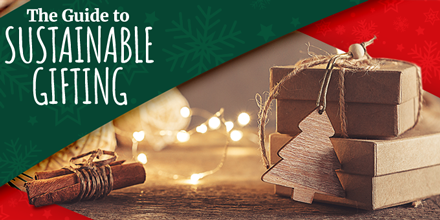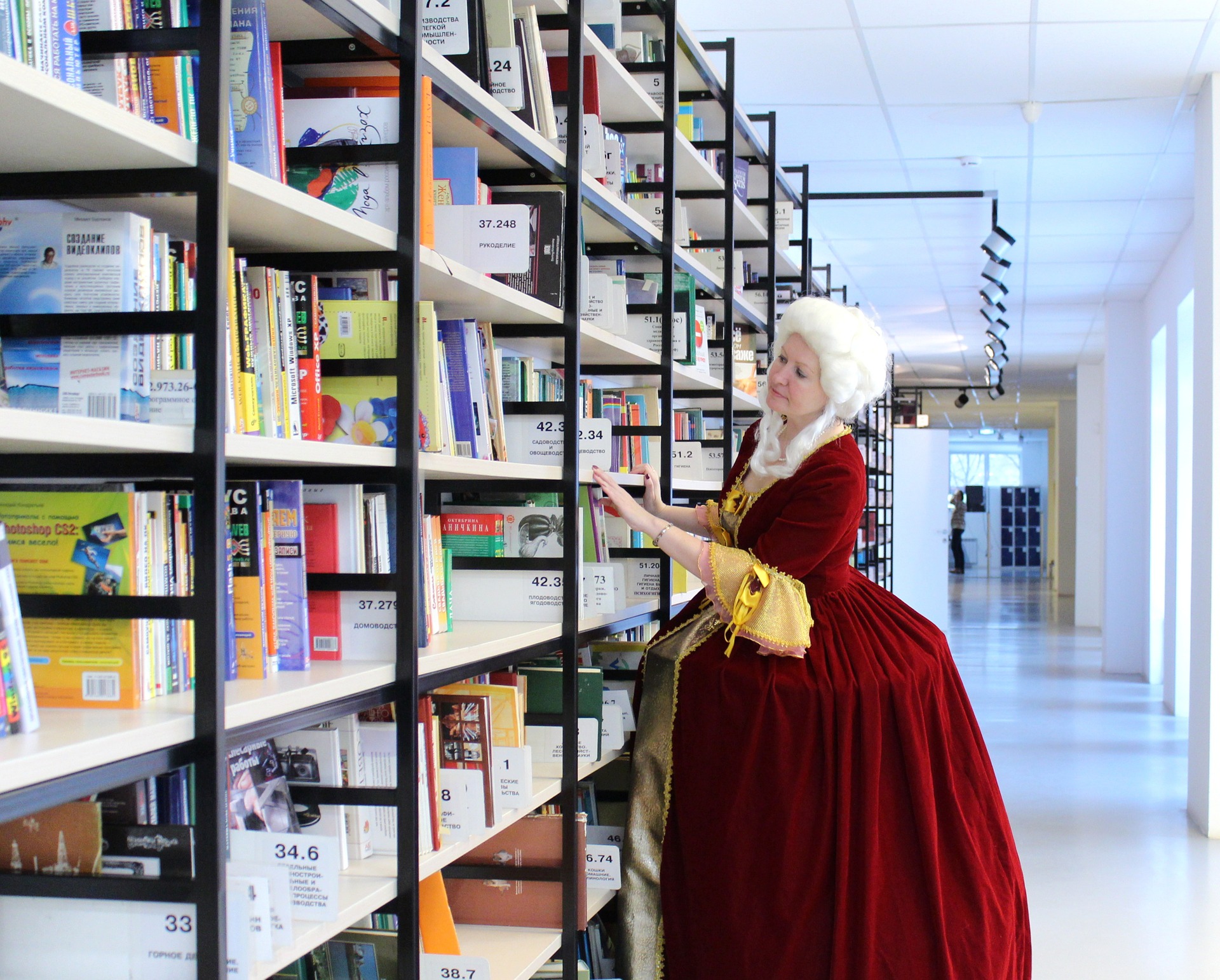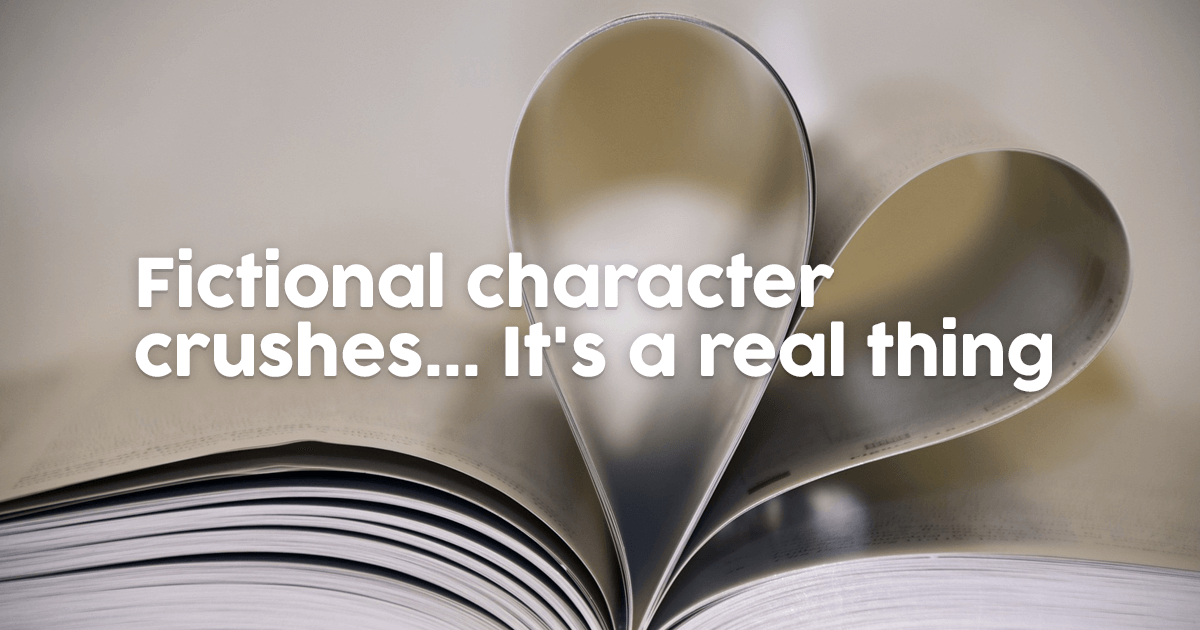OK. So we have a confession to make. Occasionally, JUST occasionally we’re guilty of sneaking a peek at the end of a book before we officially get there.
“What?!” we hear you cry!
“What childishly impatient behaviour! What immature spoilt actions! What a waste of a gripping read that should have had you on the edge of your seat from start to finish!”
And a lot of people would agree with you, but in our defence (although we can’t honestly say we’re proud of this dirty little secret) somewhere out there are thousands of bookworms who also skip to the end of a book, to see who ends up with who, who dies, or who gets caught.
So does skipping spoil stories?
In a 2011 study conducted by the psychology department at UC San Diego, subjects were presented with 12 stories ranging from Roald Dahl to Agatha Christie. Each story was either left in its untouched form, or presented along with spoilers. After studying the results of the tests, the scientists involved agreed that “Subjects significantly preferred the spoiled versions of ironic-twist stories” and that “people who flip to the last page of a book before starting it have the better intuition” – in essence they argued that knowing the end of a story before you get there increases your enjoyment of it.
It makes sense when you consider the human disposition; we just hate the unknown. You could even argue that skipping to the end of a book before you get there exerts your reasonable rights as omnipresent reader rather than simply being a tag-along follower of the author – something that will inevitably give you that smug I-know-something-you-don’t-know feeling over the characters. Smugness aside, if you’re like us and often become emotionally attached to a story, it’s natural to desire a happy ending for the characters you’ve grown to love. At least by having a glimpse of the end you can steel yourself for any painful outcome that may be about to be inflicted upon them.
Having said all this, we have to admit, no matter what you tell yourself, you can never quite escape that deflated feeling once you know the end before you’re actually there. Once those words are read, they’re out in your world and can never be put back. Stories are constructed with a beginning, a middle, and an end for a very good reason – that’s the logical order they should be followed in and that the author wants to guide you in; it’s not the beginning, the end, and the middle. So despite the reasoning otherwise, perhaps we’ll attempt a bit more self-control in the future. After all, they say that “Life is a journey, not a destination” (Ralph Waldo Emerson) right?





1 Comment
I always find that I’m only tempted to look at the end when I’m getting frustrated by an awful book that I suspect will get worse (cough, Harlan Coben). For a book you’re enjoying it would definitely ruin the experience if you already knew what was going to happen.